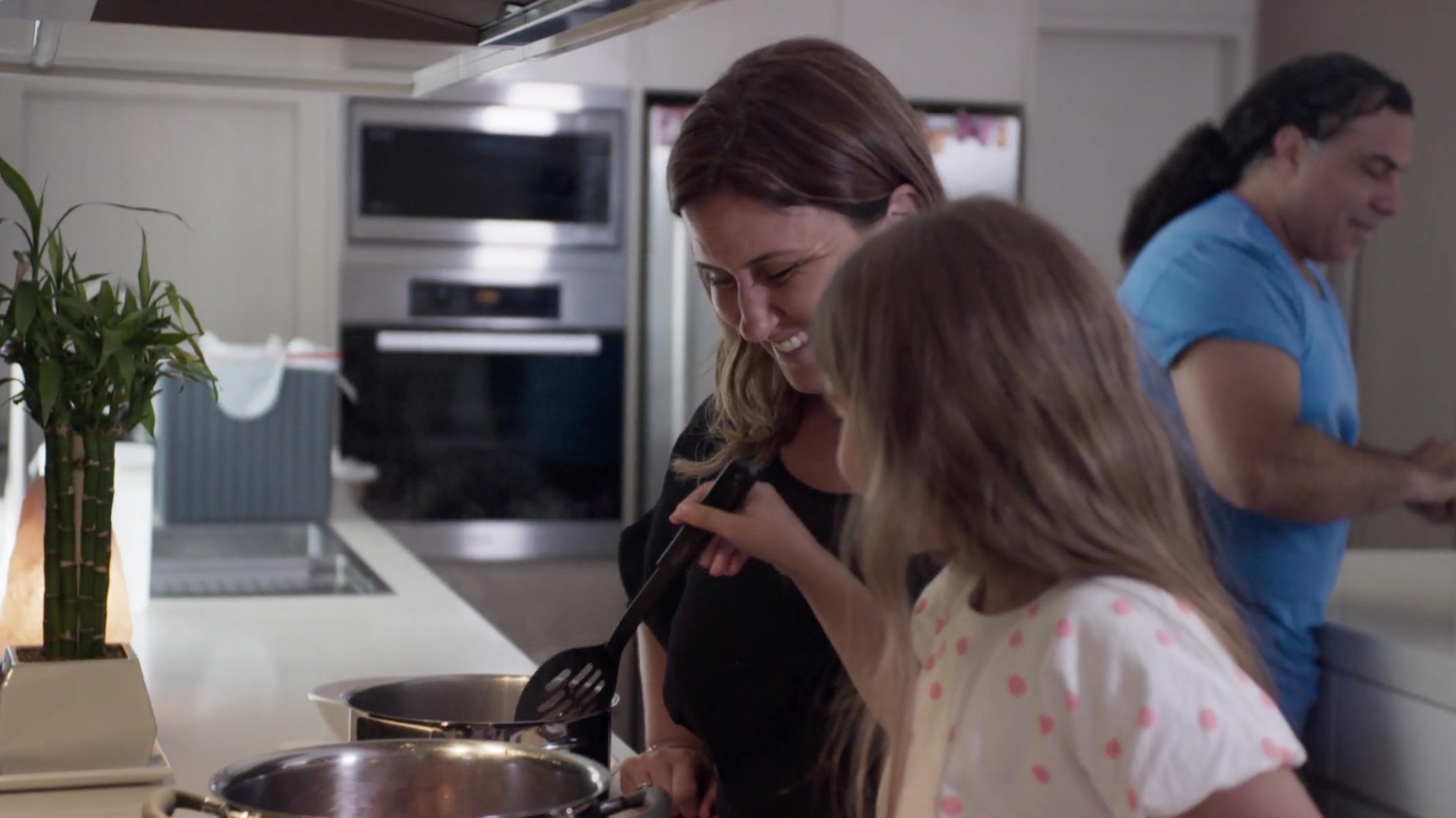Many Australians have loosely heard about the traditions that take place during Greek Easter, but unless you’ve lived it, nobody really knows. The cultural experience is unrivalled among any other global Easter celebrations and will be showcases on the Network 10 program ‘The Living Room’ this Friday at 7:30pm.
Kristina and Tim Theodorou appeared with their family on the Network 10 program to talk about how Greek easter brings their family closer than ever.
“Easter is important to us because it’s a time where we share our Greek traditions… It’s just a really special time to get everybody together and celebrate,” Kristina and Tim said on the program.

The Greek Herald spoke with Kristina Theodorou ahead of the programs airing date to find out how Greek Easter celebrations are more unique than other cultures.
“I think it’s a really big celebration in our culture,” Kristina said to The Greek Herald.
“We’ve got a lot of traditions attached to Easter in our culture. Not only religiously, but whole build up… What we do is very different and very unique like dyeing the eggs, having god-parents and exchanging gifts and having a huge feast.”
The COVID-19 pandemic last year saw Greek Easter celebrated isolated and at home for the first time in history. However, this only made families like the Theodorou’s grateful and more excited for a more enriching experience this year.

“We’re really looking forward to going to church and having family be able to come over and not just drop biscuits on the veranda door,” Kristina added.
“Just having our kids have their godparents come and exchange gifts as well.”
Kristina said concluded that she felt “privileged” to share her cultural heritage on The Living Room, adding that she hopes Australians will understand their traditions for the future.

“I think it’s really important for Australians other than Greeks, Greek Australians, to see how we do it and to see our hospitality, our traditions that we passed down through this generation,” Kristina concluded.
“Being Greek Australian we really to keep to traditions as much as we can, and follow what our parents taught us. Hopefully our children do the same, but it’s really important to share it.”
All New The Living Room, this Friday at 7:30pm on 10.

